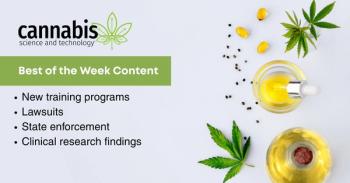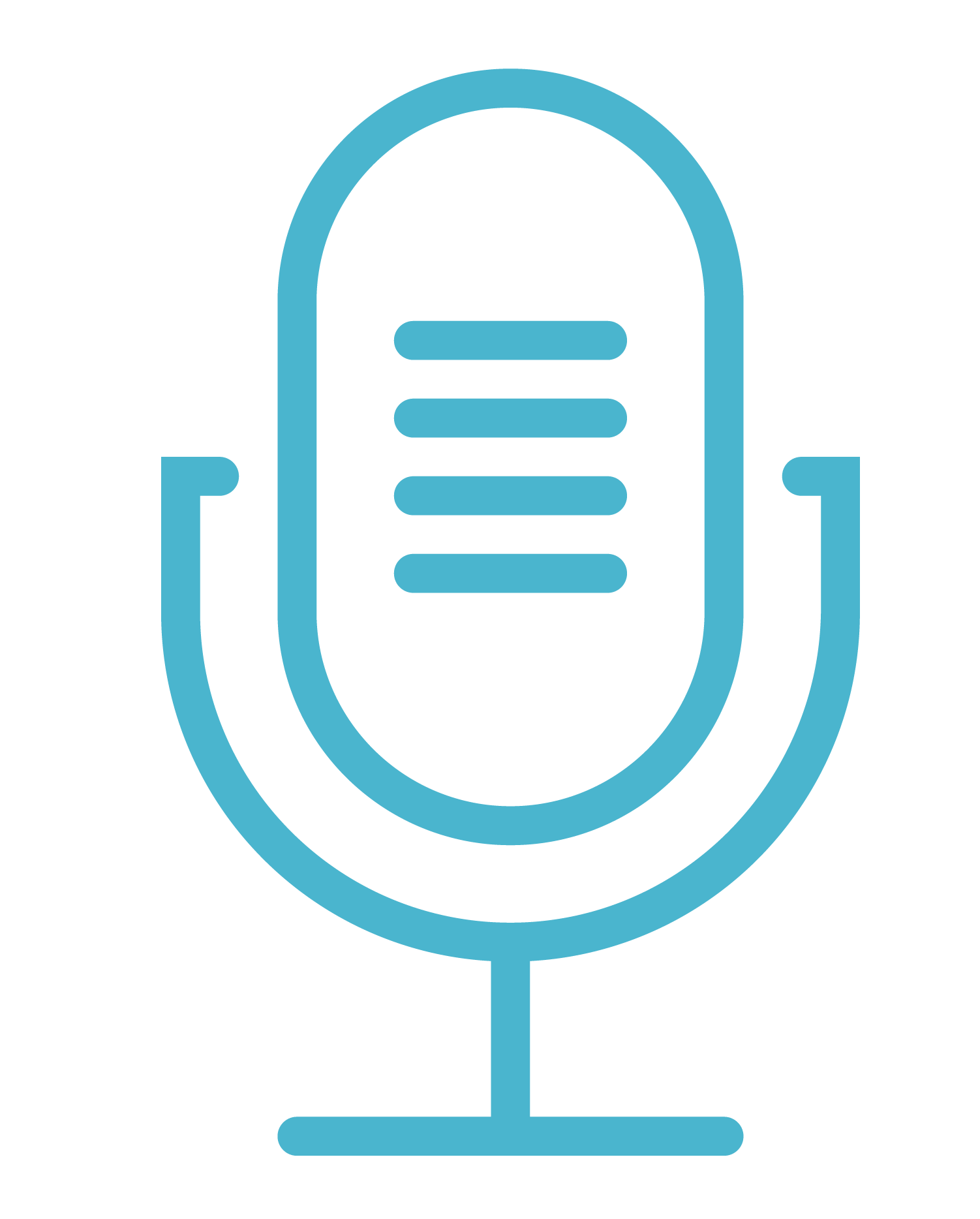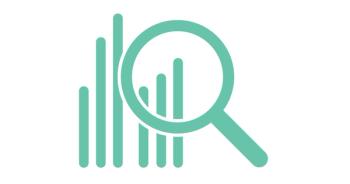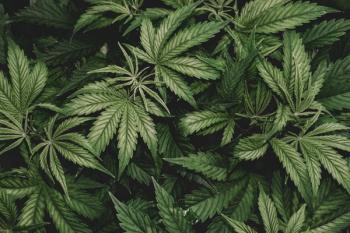
Ask the Experts: Cannabis Testing/Analytical Methods, Part III: What Is the Best Piece of Advice You Can Offer for People that Are New to Cannabis Testing?

Leading scientists and researchers from the cannabis industry-Bob Clifford, Derek Laine, Sandy Mangan, Katherine Stenerson, and Justin Steimling-offer advice on how to get started for people that are new to cannabis testing.
Leading scientists and researchers from the cannabis industry-Bob Clifford, Shimadzu Scientific Instruments; Derek Laine, Trace Analytics; Sandy Mangan, SPEX SamplePrep LLC; Justin Steimling, Restek Corporation; and Katherine Stenerson, MilliporeSigma-participate in this round-table discussion series. This month they offer advice on how to get started for people that are new to cannabis testing.
For people that are new to cannabis testing, what is the best piece of advice you can offer to get them started?Bob Clifford: For people new to the cannabis industry and looking for testing equipment, be wary of manufacturers promoting a single instrument for analyzing cannabinoids, terpenes, pesticides, and mycotoxins or aflatoxins as, generally, only a partial list of each class of compounds is reported, resulting in data of lesser value. Generally, these manufacturers are only offering a single instrument instead of a complete solution required by state regulations.
Related to the above, choose a manufacturer that offers multiple systems, such as HPLC, LC–MS/MS, GC, GC–MS(/MS), and ICP-MS, on the same software platform. This will save time and money when learning the operation of each, like what Microsoft does with Word, Excel, and Power Point. The idea is that once one software package is mastered, the others will be much easier to learn since the platforms are similar.
In addition, choose an instrument manufacturer truly engaged in the cannabis industry. There are manufacturers with emphasis in other industries, but only partially involved in the cannabis business. Go to their website to look for related application notes, articles, brochures, white papers, videos, testimonials, and so forth, regardless of whether your organization is in academia, research, or a for-profit contract lab.
Derek Laine: Analytical chemistry and microbiology are the primary fields of study employed in cannabis testing. I would advise on gaining knowledge and experience in chromatography with a priority on HPLC-UV, LC–MS, and GC–MS. Experience in ICP-MS, microscopy, botany, and extraction techniques would be welcomed in a cannabis lab. The ability to develop methods and submit those methods through a regulatory compliant analytical validation would be a bonus.
Sandy Mangan: There is a lot of trial and error involved. There is no one size fits all solution. Go to the analytical conferences and talk to experts in each different field…learn!! We have participated in a Boot camp project for the past few years that is organized by the Cannabis Science Conference prior to their annual conference in Oregon every year. They allow anyone from people just getting started to people who have been in the industry for years to get a hands on look at everything that goes into a working cannabis testing lab. Everything from sample prep to extraction methods and everything in between, can be learned about there. There is much to take away from analytical conferences that focus strictly on the science of cannabis testing.
Justin Steimling: If I was planning on starting a cannabis testing lab, I would not only want to consider the current regulatory landscape, but I would also want to feel confident that my lab could accommodate changes that might otherwise present challenges (that is, lower detection limits, additional compounds). To that end, I would not want to shortchange myself when purchasing analytical instrumentation in order to save a dollar now only to have to pay for it later. Additionally, I think it is important to assess method robustness during method development. Have different employees perform the method, evaluate multiple lots of materials from your vendors, use multiple instruments when possible. Frontloading these evaluations can save you valuable time on the backend when you actually have customers that are anxiously waiting for their results.
Katherine Stenerson: Get involved with a professional laboratory and methods organization such as A2LA or AOAC, and attend a scientific-based cannabis conference such as Emerald Conference or Cannabis Science Conference. These are great ways to meet people involved in the testing industry and to obtain guidance for approaching testing properly. It also a great way to learn about the different categories of cannabis testing, the best technologies to use, and some of the challenges that can be expected.
Look for part IV of "Ask the Experts: Analytical Methods/Cannabis Testing " in our November 2019 newsletter. Part III of our series on extraction will appear in September and Part III of the series on cultivation will appear in October.
Newsletter
Unlock the latest breakthroughs in cannabis science—subscribe now to get expert insights, research, and industry updates delivered to your inbox.


